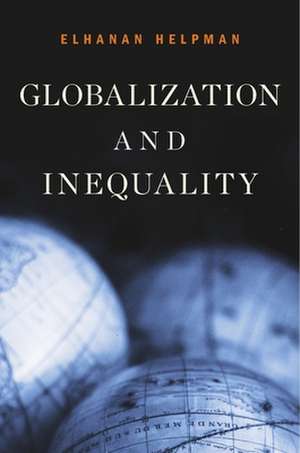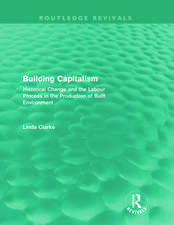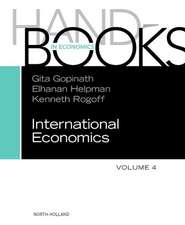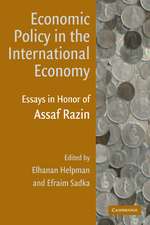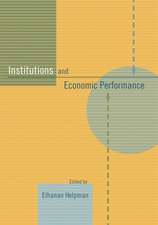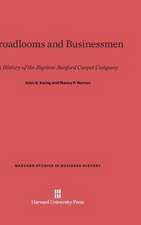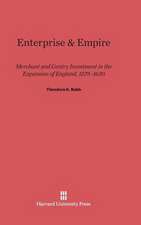Globalization and Inequality
Autor Elhanan Helpmanen Limba Engleză Hardback – 30 aug 2018
Globalization is not the primary cause of rising inequality. This may come as a surprise. Inequality within nations has risen steadily in recent decades, at a time when countries around the world have eased restrictions on the movement of goods, capital, and labor. Many assume a causal relationship, which has motivated opposition to policies that promote freer trade. Elhanan Helpman shows, however, in this timely study that this assumption about the effects of globalization is more myth than fact. Globalization and Inequality guides us through two decades of research about the connections among international trade, offshoring, and changes in income, and shows that the overwhelming conclusion of contemporary research is that globalization is responsible for only a small rise in inequality. The chief causes remain difficult to pin down, though technological developments favoring highly skilled workers and changes in corporate and public policies are leading suspects. As Helpman makes clear, this does not mean that globalization creates no problems. Critics may be right to raise concerns about such matters as cultural autonomy, child labor, and domestic sovereignty. But if we wish to curb inequality while protecting what is best about an interconnected world, we must start with a clear view of what globalization does and does not do and look elsewhere to understand our troubling and growing divide.
Preț: 178.35 lei
Nou
Puncte Express: 268
Preț estimativ în valută:
34.13€ • 37.06$ • 28.67£
34.13€ • 37.06$ • 28.67£
Carte disponibilă
Livrare economică 01-15 aprilie
Preluare comenzi: 021 569.72.76
Specificații
ISBN-13: 9780674984608
ISBN-10: 0674984609
Pagini: 232
Dimensiuni: 145 x 216 x 20 mm
Greutate: 0.41 kg
Editura: Harvard University Press
ISBN-10: 0674984609
Pagini: 232
Dimensiuni: 145 x 216 x 20 mm
Greutate: 0.41 kg
Editura: Harvard University Press
Descriere
Globalization is not the primary cause of rising inequality. That is the conclusion of this penetrating study by Elhanan Helpman, a leading expert on international trade. If we wish to curb inequality while protecting what is best about globalization, he shows, we must start with a clear view of how globalization does, and does not, shape our world.
